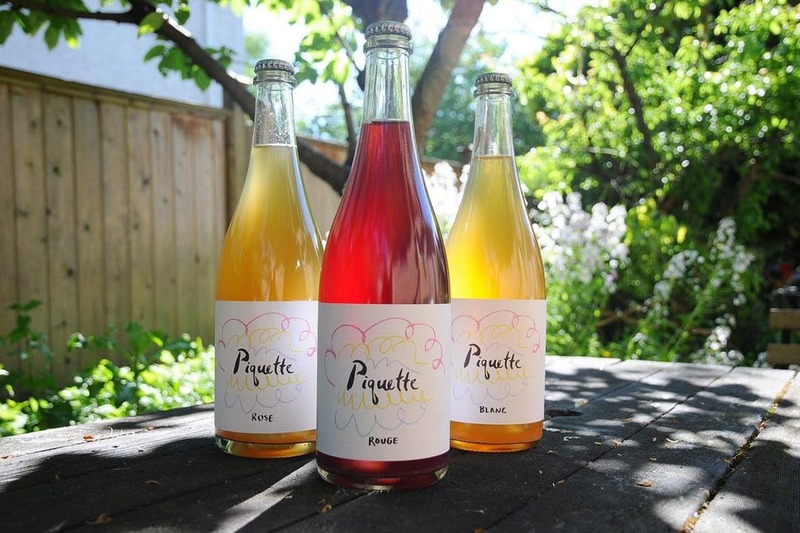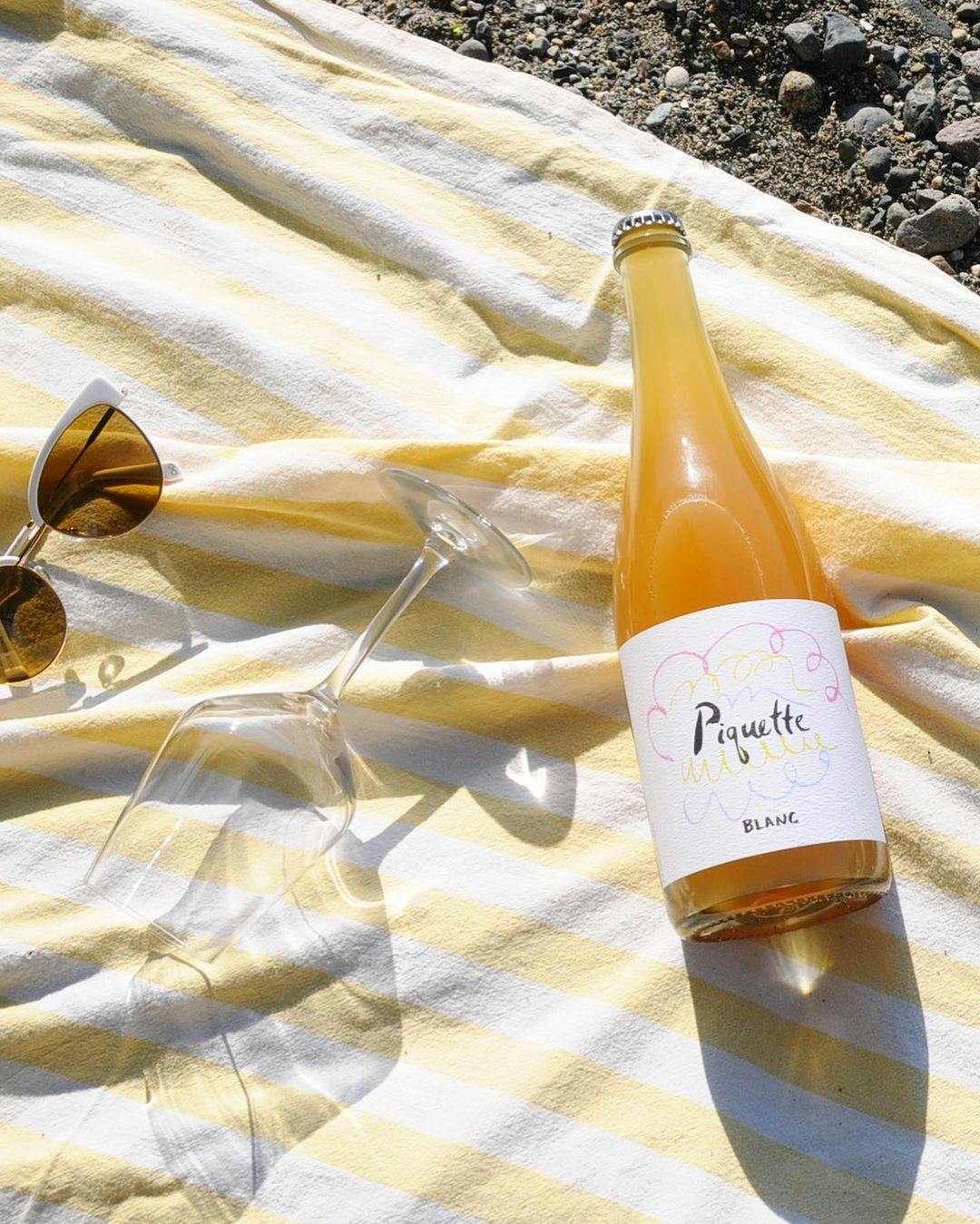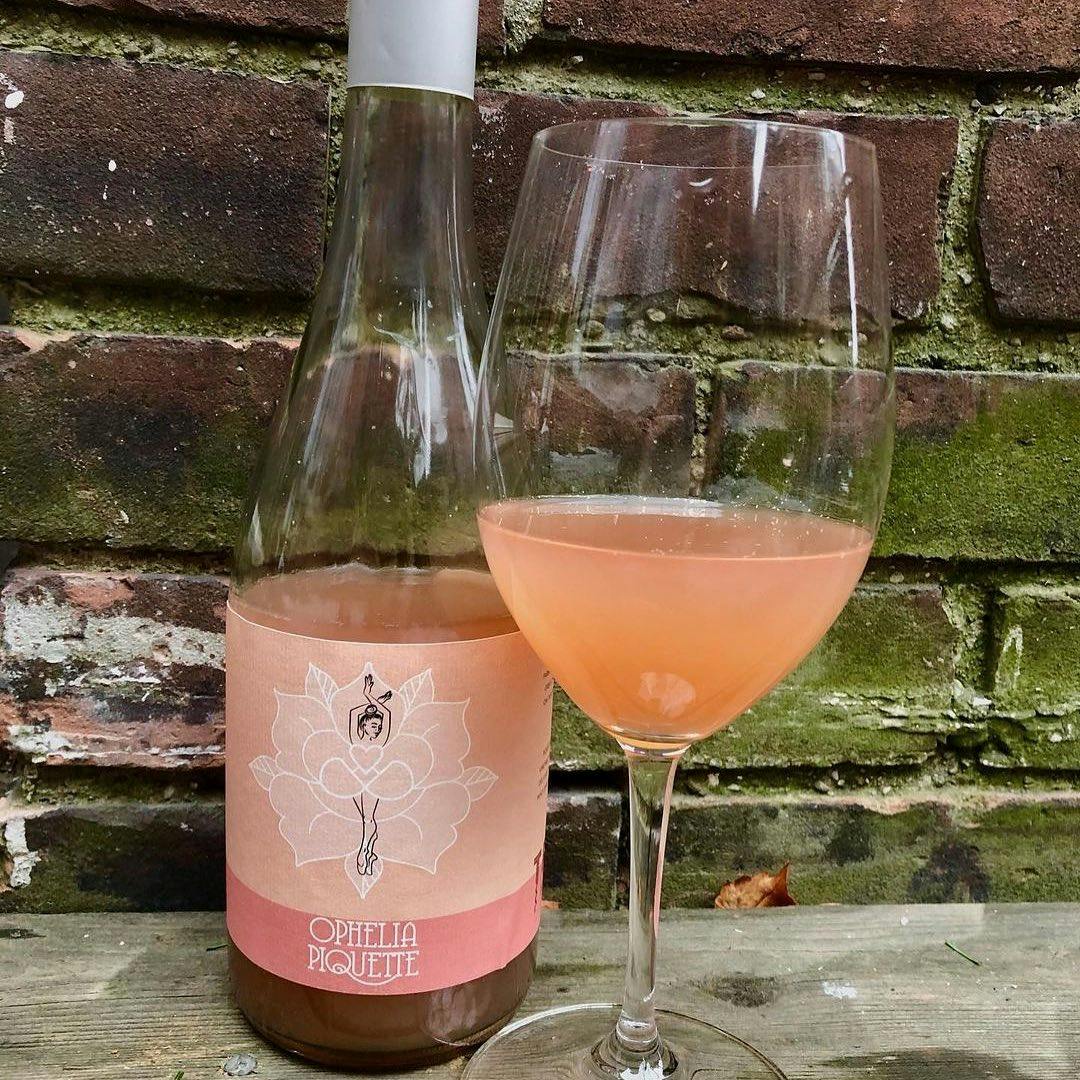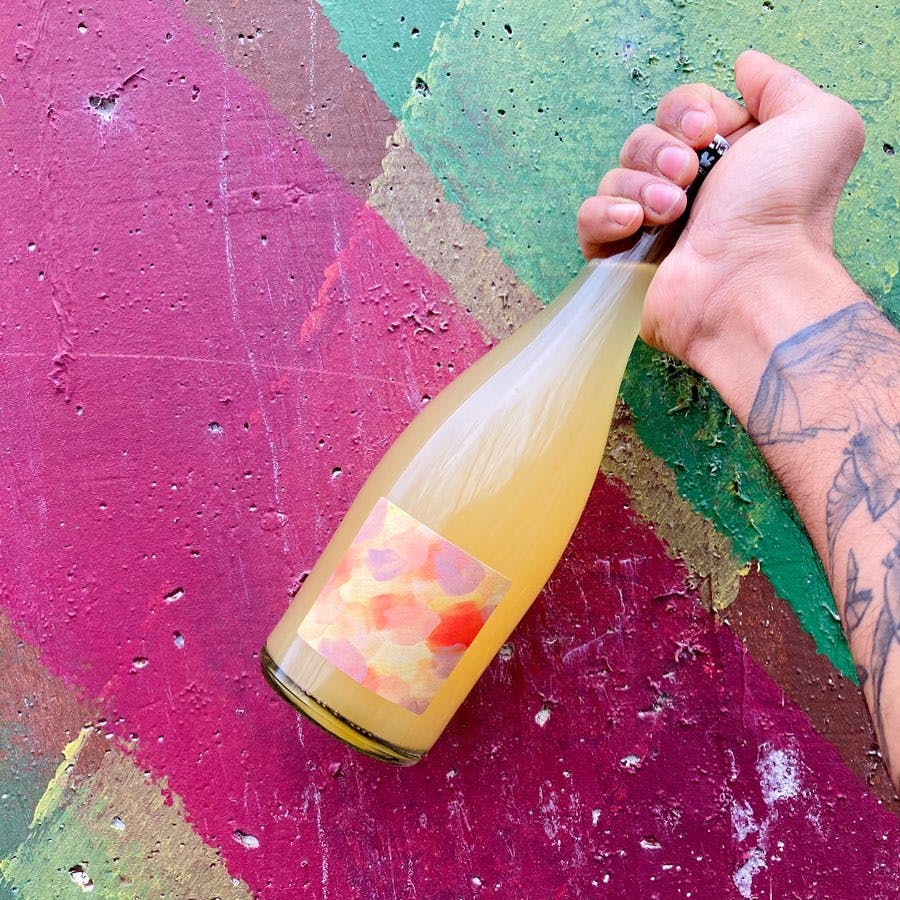
It's finally the beginning of a new year and chances are, you're nice and familiar by now with the hottest wine trends that came out of 2020 and its predecessors. You've been drinking natural rosé for years (obviously), you know all about skin contact (orange) wine and you've dabbled in pét-nat. So what's next?

The latest star of the wine scene is, perhaps surprisingly, a fizzy, easy-drinking variety that actually uses a byproduct from traditional winemaking. Piquette is made by adding water to the winemakers' residual grape skins, seeds and stems after production, creating a light, effervescent liquid that results from the fermentation of the leftover sugars. Although this concept may seem new to some, this production style actually dates back to the ancient Greek and Roman eras and then became widely consumed by lower-income farmers and vineyard workers in 19th-century Europe. Of course, all good things come back into style, and this delicious beverage is now gaining the recognition it deserves among connoisseurs and wine-curious folks alike.

The North American popularity of piquette was sparked by Hudson Valley winemaker Todd Cavallo, who was looking for a way to use up the leftover grape material at his sustainable Wild Arc farm in 2016. His first commercially-made piquette was released the next year and it wasn't long before other small-scale North American wineries followed suit. Its appeal is generated not only from the wine's defining pleasant fizz and lower alcohol content (it typically comes in between 5-8% ABV) but also from the exceptionally reasonable price point thanks to the way it's produced. It falls somewhere between a funky natural wine and a fruity craft beer in that it offers a crushable, unpretentious alternative to heavier wine varieties.

Unsurprisingly, Canadian producers have recently jumped onto piquette production, with winemakers like the playfully-branded British Columbia-based a Sunday in August bottling up "that summer feeling" (as they call it) with three juicy, organic, naturally-fermented piquettes. Popular Prince Edward County winery Trail Estate Winery made a low-intervention variety for 2020 that is now completely sold out, but was available through their site and at Toronto's Paris Paris (keep your eye out for this year's version). Traynor Vineyard, another PEC-based spot, also saw wild success with their Ophelia Piquette this year, a refreshing, sustainably-made pink variety available at Happy Coffee & Wine in Parkdale. And Guelph's own Revel Cider made their Seyval Blanc skins into a fresh, pale peach, wild-fermented and lightly funky bottle that "drinks like a cantaloupe and coconut sharing a hammock next to a sunny freshwater ocean." (Who would ever turn that down?!)

In addition to our local Ontario producers, Toronto-based wine destinations have made it even easier to get your hands on a bottle to try. Grape Witches, the beloved wine importer and educator, sells a delightful "piquette pounder" pack for those who are curious. Other spots like Paradise Grapevine and Boxcar Social feature bottles of the wine-like beverage through their in-person and online bottle shops. Chances are that once our city's restaurants open back up, particularly those with an affinity for natural bottles, you'll be able to sip on this bubbly thirst-quencher alongside your meal all summer (2021) long. It can't come soon enough!










